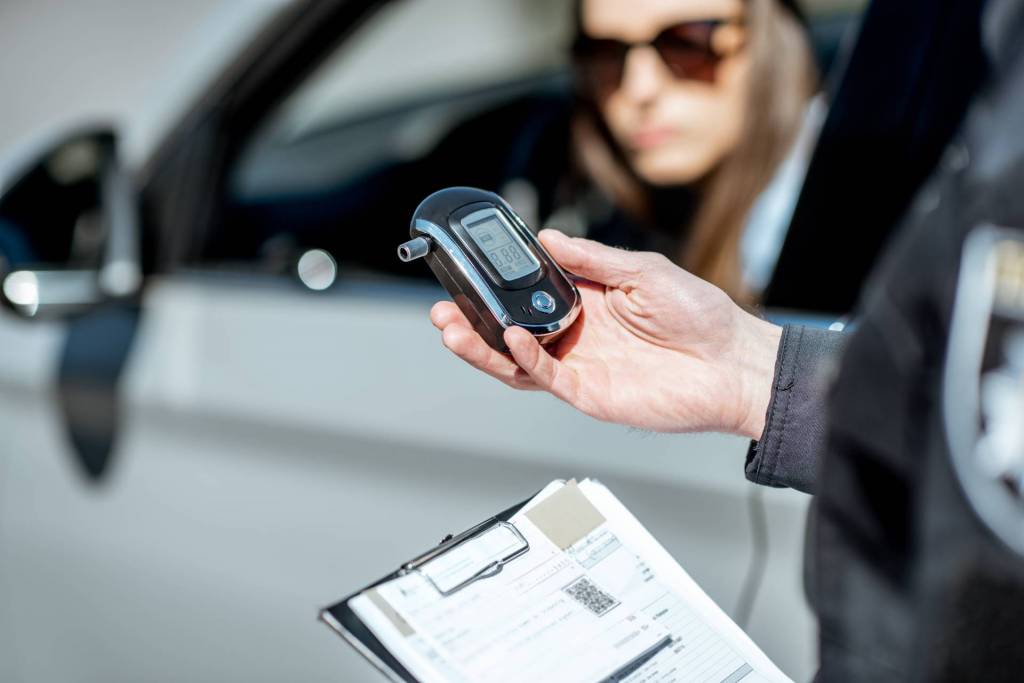Florida recognizes that cyber-attack or data breaches can be devastating to victims. That’s why the state will aggressively go after people charged with crimes like cyberstalking, hacking, trading unauthorized information, identity theft, etc.
In recent years, authorities have been better equipped to go after cybercrime offenders and bought sophisticated equipment and tools while hiring trained computer experts and including them in their operations. You should immediately contact a Tampa criminal defense attorney if you’re facing such charges to avoid harsh and lifelong consequences
Is There a Computer Crimes Act in Florida?
Florida Statute 815 elaborates the need to heighten prosecution of cyber-related crimes. This is not just a problem facing individuals but also affects government agencies and businesses. The statute lists various offenses that constitute criminal activity related to computers, computer networks, and systems.
The state has also expanded the definition of computer systems to mean smart devices like smartphones and smart TVs so that criminals have lesser loopholes to take advantage of.
Computer Crimes Covered by The Law
- Bank fraud
- Spam emails
- Phishing
- Destruction or damaging of computer systems or computer network
- Introducing malware and spyware
- Identity theft
- Soliciting a minor
- Downloading child pornography
- Hacking
- Infringement of digital copyright
- Unauthorized access of another person’s files, data, video/audio
- Storing unlawfully obtained data
- Destroying, modifying, or stealing data (intellectual property, trade secrets)
What Are the Main Cybercrime Categories in Florida?
Florida divides computer violations into two categories. Each class has a different standard of proof, and penalties depending on the nature of the crime.
- Offenses against intellectual property
- Offenses against computer users and systems
A cybercrimes defense lawyer in Tampa, FL, can explain which category the crime you’re accused of falls and how to defend against it.
What Is the Penalty for Offenses Against Intellectual Property?
Intellectual property includes things like trade secrets, musician’s songs, data, software, programs, and more. An offense against intellectual property will involve damaging, stealing, disabling, illegal distributing, and destroying intellectual property.
Many companies are often victims of this kind of crime. Some examples of computer crimes that fall under this category include:
- Locking computer data and making it accessible to others
- Destroying computer data, programs or supporting documentation without permission
- Stealing or distributing confidential or propriety data, programs or supporting documentation
- Intentionally installing dangerous malware and viruses to someone’s computer
The Penalties
Any offense against intellectual property is a third-degree felony. A conviction may carry up to five years in prison and a maximum fine of $5,000. This includes crimes like the illegal download of movies and music.
If the accused intended to commit fraud, theft or scamming people, these felony charges are upgraded to a second-degree felony. A second-degree felony is punished by up to 15 years in prison and a maximum fine of $10,000.
If facing such charges, you need the advice and legal guidance of a professional and experienced cybercrimes defense lawyer in Tampa who can defend you and challenge the evidence.
What Is the Penalty for Offenses Against Computer Users and Systems?
A person will be charged with this offense if it’s a crime against computer users, computer networks, computer systems, or electronic devices. This category has evolved over the years to include devices like Wi-Fi-connected appliances and support devices that can be used for data input, data output, and data storage.
Examples of this crime include:
- Compromising public or private transit system
- Disrupting the normal operations of a government or public service entity
- Destruction or taking of supplies meant to be used in a computer, computer system or network
- Introduction of a computer contaminant
- Engaging in video or audio surveillance of another person with no authorization
Ransomware is the most common cybercrime against computer users. Phishing is also a more prevalent crime where computer users unknowingly give out their personal information.
The Penalties
These offenses are classified as third-degree felonies in Tampa, FL. A third-degree felony carries up to five years in state prison and a possible fine of up to $5,000.
The crime can be upgraded to a second-degree felony which bears 15 years in prison and up to $10,000 in fines. This can happen if the offender:
- Interferes with or gains access to any private or public transportation transmission data
- Damages computer systems or networks valued at more than $5,000
- Had the goal of defrauding or gaining property
- Interferes with the operation of private/public transport, communication or utility services
Penalties for First Degree Cybercrime Charges
If the offender’s actions endangered human life due to the illegal tampering, sharing, or disruption of information, the prosecution may impose first-degree charges. The punishment for this charge is 30 years in prison and a maximum fine of $10,000, or both.
What Is the Punishment for A Revenge Porn/Sexual Cyber Harassment in Tampa, FL?
Florida also has a Cyberharassment Act that prohibits any person from posting another person’s sexually explicit image.
If it’s a first offense, it will be charged as a first-degree misdemeanor carrying up to one year in jail and a maximum fine of $1,000. Any subsequent violation will be a third-degree felony carrying five years in prison and a maximum fine of $5,000.
Participating in cyberharassment like screenshotting and sharing an explicit image can harm your life in other ways. You could lose your job, lose friendships, tarnish your name, lose a lover, and have a criminal record. All these are harsh consequences that you can fight with the help of a Tampa cybercrimes defense attorney.
What Defenses Can I Use Against a Cybercrime Offense in Tampa?
You will need a good criminal defense attorney in Florida who can build a strong argument against the charges. Some defense strategies you could use include:
- Lack of sufficient knowledge, so there was no intent
- No evidence to show it’s actually you who committed the crime
- You had the authorization to access or interact with the systems
Personalized and Skilled Criminal Defense in Tampa Bay Area
Computer and cybercrimes have severe consequences in Florida, which demand the experience of a knowledgeable criminal defense lawyer in the Tampa Bay Area. Trying to downplay the situation may cost you your freedom and future.
Our cybercrime attorney has over two decades of courtroom experience. We can ensure that your rights are protected and that you get aggressive representation. Talk to us today for more detailed answers concerning your case.









